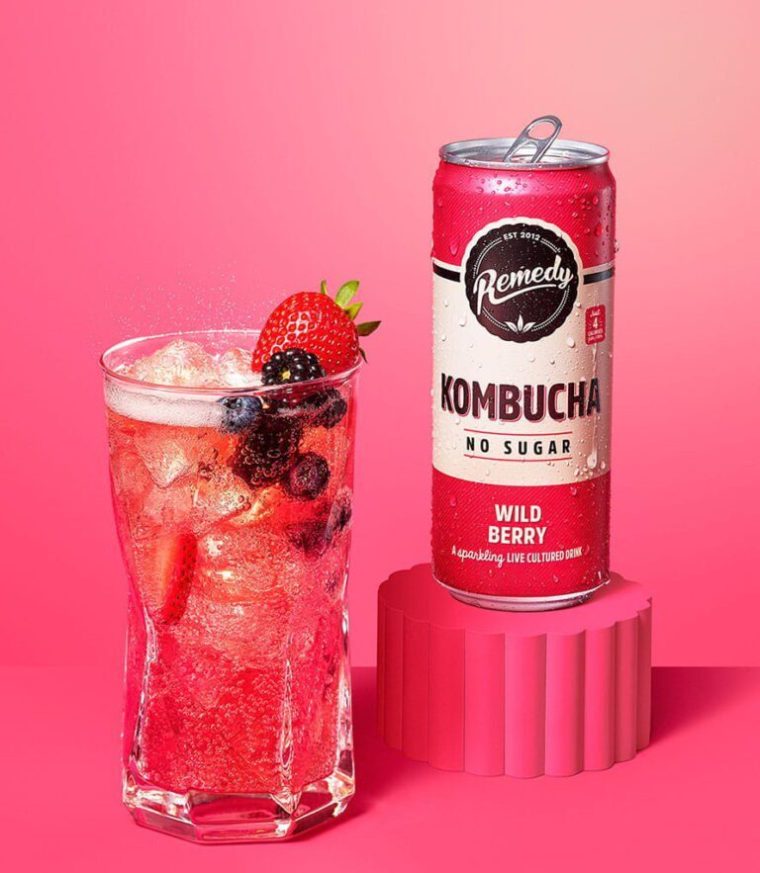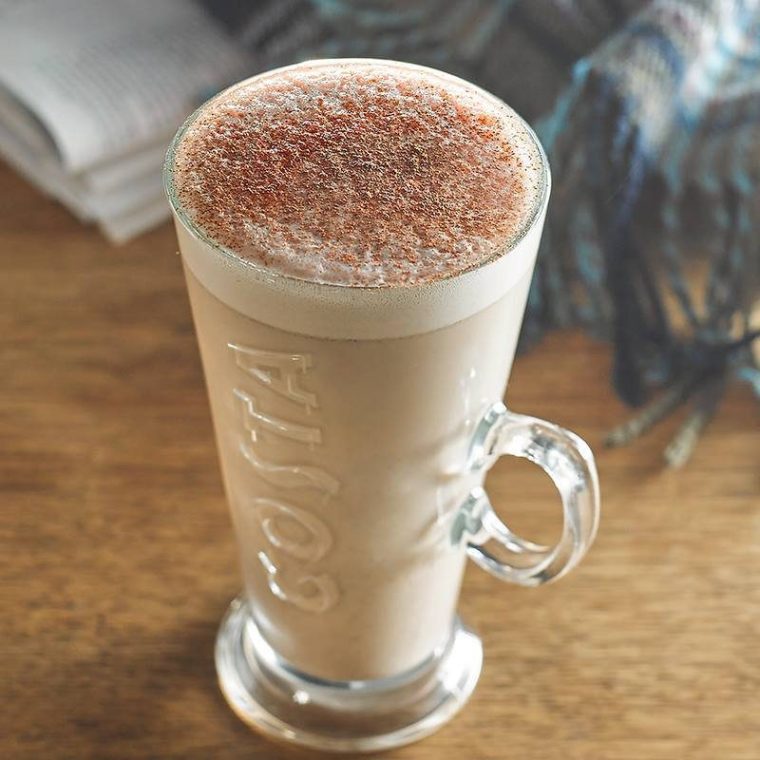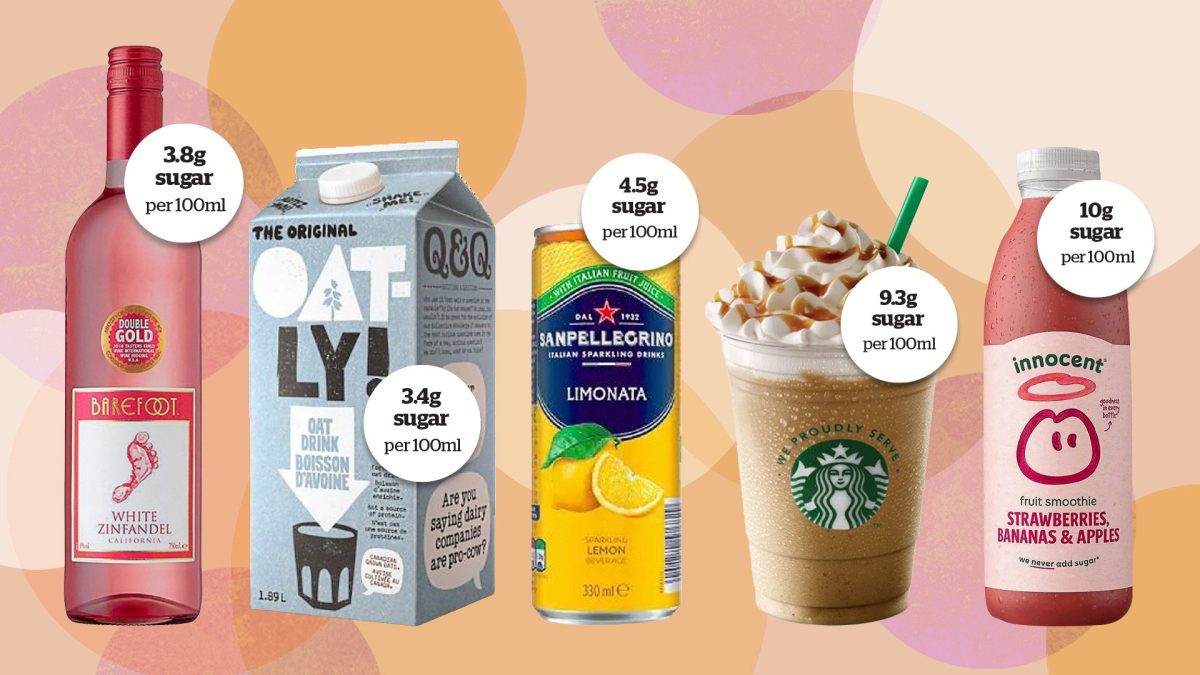Liquid calories remain a major cause of obesity and disease in Britain – so how much sugar is in your favourite beverage?
Do you enjoy a Lucozade Sport after your workout? Or treat yourself to a milkshake at the weekend? If so, you might soon notice the difference in your wallet as well as your waistline. This week, the Treasury confirmed plans to extend the sugar tax to dairy-based drinks, as well as dairy substitutes such as oat and rice milk.
It also proposed to reduce the maximum amount of sugar allowed in drinks before manufacturers must pay the tax from 5g to 4g per 100ml.
When the soft drinks industry levy (SDIL), as it is formally known, was added to pre-packaged drinks in 2018, milk-based products were exempt because it was believed taxing them would lower children’s calcium consumption.
However, the Treasury now believes that because young people only get 3.5 per cent of their calcium intake from these drinks, any health benefits arguably “do not justify the harms from excess sugar”.
The sugar tax has certainly had an impact. Research published in the Journal of Epidemiology and Community Health found that in the three years after it was introduced the total amount of sugar consumed by children fell from 70g to about 45g a day; in adults it dropped from 60g to about 45g a day.
However, we are still exceeding NHS guidelines of 30g (7.5tsp) of added sugar a day for adults, 24g (6tsp) a day for children aged seven to 10 and 19g (4.75tsp) for children aged four to six. Often, the ramifications are serious.
Sugary drinks are not only linked to an increased risk of type 2 diabetes, weight gain and tooth decay. Studies also suggest that consumption may reduce fertility in men and women and raise the risk of developing any kind of cancer. “It’s easy to drink more sugar than we realise because drinks aren’t as filling as food and often don’t register as being unhealthy in the way that, say, a cream cake would,” says nutritionist Laura Southern, founder of London Food Therapy.
So how much sugar is in your favourite drink? The answers may surprise you.
Oatly Oat Drink, 3.4g sugar per 100ml
“Oat drinks are high in processed starch that is quickly absorbed, leading to rapid blood sugar spikes,” says Southern. “A splash of oat milk in your tea or coffee isn’t awful, but an oat milk latte – which can contain 200ml of oat milk – is not a health drink.”
San Pellegrino Limonata, 4.5g sugar per 100ml
“With its upmarket Mediterranean connotations, this lemonade might seem a wholesome alternative to a can of Fanta, but it contains just as much sugar, with around 4tsp per can,” says Southern (Fanta contains 4.5g sugar per 100ml). “It also contains sweetener, which some research shows increases cravings for sweet foods.” With its current recipe, this drink would be affected by the new extended sugar tax – the Government plans to lower the threshold at which it kicks in to 4g sugar per 100ml.
Barefoot White Zinfandel, 3.8g sugar per 100ml
A wine’s sugar content varies not so much according to its colour as whether it is dry or sweet, and “compared to many soft drinks, wine isn’t loaded with sugar”, says Southern. “But the alcohol will reduce your willpower, making late-night crisp cravings more likely, and risks ruining your sleep, so you’re more likely to chase sugary foods the next day.”
Becks Blue, 0.2g sugar per 100ml
Generally, both beer and alcohol-free beer are surprisingly low in sugar – although it varies from brand to brand. “We’re more likely to get a ‘beer belly’ from the way alcohol changes our body fat distribution around the middle than the content of the drink itself,” says Southern. “I suspect the alcoholic version of Becks is even lower in sugar at 0.1g per 100ml because alcohol uses sugar as its food source in the fermentation process.”
 The fermentation involved in making kombucha reduces sugar – Remedy’s has none
The fermentation involved in making kombucha reduces sugar – Remedy’s has none
Remedy Wild Berry Kombucha, 0g sugar per 100ml
“Kombucha is a great choice if you’re trying to wean yourself off fizzy drinks or alcohol,” says Southern. “The fermentation has got rid of sugar and produced healthy bacteria that are good for our gut microbiome.”
Robinsons Fruit Shoot Orange, 1.2g sugar per 100ml
“Granted, Fruit Shoots could be higher in sugar, but for me they are a ‘gateway’ drink that give children a taste for sweetened beverages in exciting cans and cartons over water,” says Southern. “Plus, the artificial sweeteners have a negative impact on the gut microbiome, which can cause problems such as inflammation and weight gain.”
Innocent Strawberries, Bananas and Apples Smoothie, 10g sugar per 100ml
“Innocent smoothies contain as much sugar as Coca-Cola but because it comes from fruit they can feel deceptively virtuous,” says Southern. “The fruits’ fibre content is decimated in processing, so the sugar is as rapidly absorbed into the blood as table sugar, even if it isn’t technically classed as ‘added’.”
Starbucks caramel Frappuccino, 9.3g sugar per 100ml
“You might think you’re going to Starbucks for a quick, harmless caffeine boost but some coffee drinks are so full of sugar and additives they should come with a health warning,” says Southern. In a grande size 16 fl oz (roughly 470ml) caramel Frappuccino there is 43.8g of sugar – over ten teaspoons. Drinks prepared on site in cafes and restaurants are not subject to the sugar tax, but Starbucks’ 250ml pre-packaged caramel Frappuccino, sold in supermarkets (which has a similar level of sugar), would be.
 Costa’s Chai Latte contains 7tsp of sugar per 366ml serving
Costa’s Chai Latte contains 7tsp of sugar per 366ml serving
Yazoo Chocolate Milkshake Drink, 8.6g sugar per 100ml
“Yes, this is high in sugar but at least it’s not pretending to be anything other than a treat, and the relatively few ingredients are more natural compared to, say, the Frappuccino,” says Southern. “It contains stabilisers and flavourings which can disrupt the gut microbiome.”
Lucozade Energy, 4.5g sugar per 100ml
Lucozade has reformulated so it falls under the tax threshold, with less than 5g sugar per 100ml, but under the Government’s new proposals, it would now be subject to it. And still – a standard 280ml bottle still contains 17g – more than 4tsp – of sugar, says Southern. “This drink appeals to the health-conscious, especially teenagers, which is concerning, because unless you’ve run marathon there’s simply no need for this amount of sugar.”
Costa Chai Latte, 7.7g sugar per 100ml
“People tend to think of chai tea as healthy – and it can be if you drink a herbal variety or add a splash of milk,” says Southern. “But this Costa version contains around 7tsp sugar per 366ml portion, which is shocking.” Because this is prepared on site, it would not be subject to the levy, although Costa sells pre-packaged coffee drinks that would be.
Ovaltine, 11g per 100ml made with semi-skimmed milk
Whether because it’s been around so long (since 1904) or because it reminds us of our childhood, we often see Ovaltine as a wholesome evening option. “In fact it contains nearly 5tsp per serving,” says Southern. “A cup of cocoa with 2-3tsp cocoa powder and 1-2tsp of sugar would be a healthier bedtime drink.”
